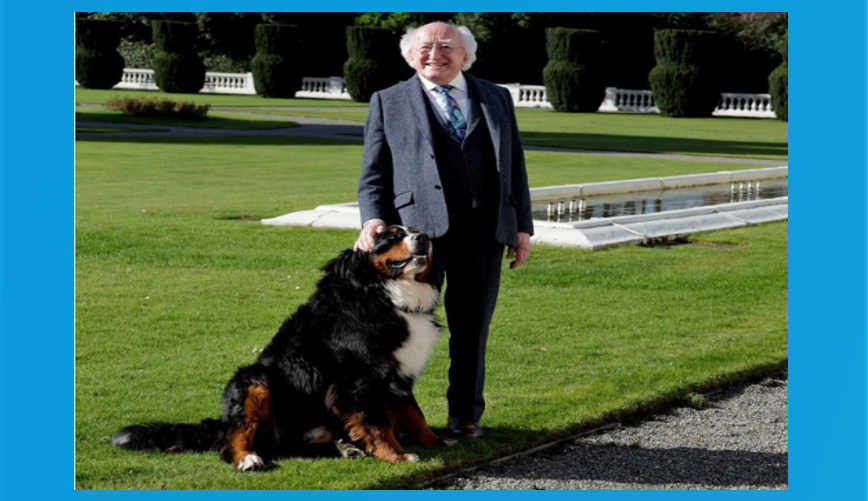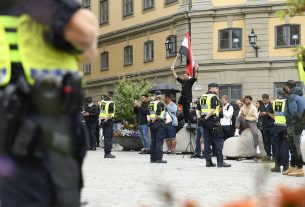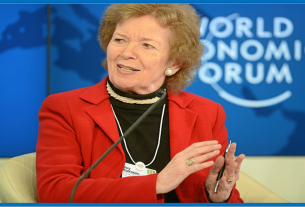On April 18, 2025, President Michael D. Higgins turned 84—a milestone that marks not only the passage of time but the enduring legacy of one of Ireland’s most beloved and distinctive leaders. A poet, academic, and social justice advocate, Higgins has been President of Ireland since 2011, shaping the Nation and redefining the role into a powerful moral and cultural one symbolic of the Irish spirit.
A Humble Beginning with a Fierce Intellect
Born in Limerick in 1941, Higgins was raised in County Clare under modest circumstances after being separated from his parents at the age of five. His father’s ill health and financial hardship led to young Michael being raised by relatives. Early life as a bank clerk gave way to a transformative education journey, made possible through the support of a benefactor and scholarships.
He graduated from University College Galway (now the University of Galway), and went on to study at Indiana University and the University of Manchester. His academic interests, rooted in sociology and political science, later translated into university lecturing roles in Ireland and the United States—particularly at Southern Illinois University.
Politics with Principle: A Career of Conviction
Higgins’ political career began in earnest in the 1970s. After two failed bids for the Dáil Éireann (lower house), he was appointed to the Seanad (Senate) in 1973. In 1981, he won a seat representing Galway West, where he would serve—apart from a brief return to the Seanad—until 2011.
Noted early on for his passionate left-wing views, Higgins was an unwavering voice on human rights, international peace, and equality. He campaigned vigorously for women’s rights, disability rights, and against global injustices in regions like Central America and Southeast Asia. Though he initially opposed coalition governments, his stance softened with time, reflecting his growing influence and pragmatism.
As Minister for Arts, Culture and the Gaeltacht (1993–1997) in Albert Reynolds’ Fianna Fáil–Labour coalition, Higgins revitalized Irish cultural policy. He established Teilifís na Gaeilge (TG4), Ireland’s first Irish-language TV station, and supported the national film industry.
The People’s President
Higgins’ first presidential bid came in 2004 but was unsuccessful. In 2011, however, he ran again—this time with the Labour Party’s nomination—and won with 40% of the vote. His election followed a dramatic televised debate that saw frontrunner Seán Gallagher stumble. Higgins emerged as a unifying figure in a politically volatile moment.
At 70, he indicated he would serve only one term. Yet by 2018, feeling “healthier at 77 than at 70,” he sought and won reelection with a resounding 56% of the vote. His second campaign was endorsed across party lines—from Labour and Fine Gael to Fianna Fáil and the Greens.
That election was marked by the unexpected surge of businessman Peter Casey, who criticized the state’s recognition of the Traveller community, tapping into populist discontent. Higgins, in his victory speech (as quoted by The Irish Times), reaffirmed his vision of an “inclusive and ethical Ireland,” distancing himself from divisive rhetoric.
Legacy Beyond Office
Higgins, often affectionately known as “Michael D.”, has redefined the presidency as a platform for culture, compassion, and conscience. A published poet and fluent Irish speaker, his oratory—whether on human dignity, cultural identity, or memory—has resonated deeply in both national and international arenas.
His presidency has been used to elevate discourse, commemorate marginalised voices, and defend the values of social justice and democratic engagement.
Happy 84th, President Higgins—a leader whose words, like his poetry, will long outlive the moment.



